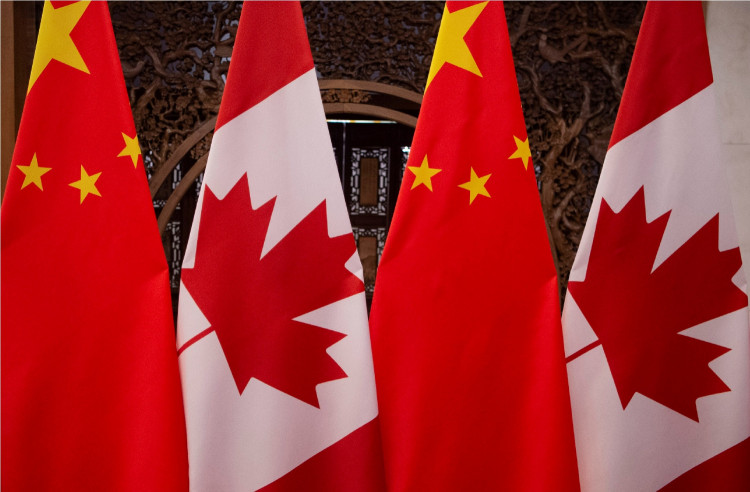Canada on Wednesday strongly condemned China's execution of four Canadian citizens convicted on drug trafficking charges, marking a significant escalation in already strained diplomatic relations between the two countries.
Foreign Minister Mélanie Joly confirmed the executions during a press briefing, stating, "There are four Canadians that have been executed and therefore we are strongly condemning what happened." Joly noted that all four individuals held dual citizenship and reiterated Canada's opposition to the death penalty.
"I asked personally for leniency," Joly said, adding that the government would continue to advocate clemency for other Canadians currently facing capital punishment in China, including Robert Schellenberg, who was sentenced to death in 2019 for drug smuggling but has not been executed.
Global Affairs Canada spokesperson Charlotte MacLeod said the government is providing consular support to the families of the executed individuals, whose identities remain confidential at the request of their relatives. MacLeod urged the media to respect their privacy.
The Chinese embassy in Ottawa defended the executions in a statement, asserting that China maintains "zero tolerance" toward drug-related crimes. "The facts of the crimes committed by the Canadian nationals involved in the cases are clear, and the evidence is solid and sufficient," the embassy stated, while adding that the judicial process "fully guaranteed the rights and interests of the Canadian nationals concerned."
Chinese Foreign Ministry spokesperson Mao Ning also called on Ottawa to "respect the spirit of the rule of law and stop interfering in China's judicial sovereignty." Mao emphasized that China applies its laws equally to all individuals, regardless of nationality.
Executions of foreign nationals in China are relatively rare and are likely to intensify diplomatic friction, which has worsened since 2018 when Canadian authorities arrested Huawei executive Meng Wanzhou at the request of U.S. authorities. In response, Beijing detained two Canadians, Michael Kovrig and Michael Spavor, in what was widely viewed as retaliatory action. Both were released in 2021, coinciding with Meng's return to China after reaching a deferred prosecution agreement with U.S. prosecutors.
Relations between the two countries have continued to deteriorate. Earlier this month, China imposed tariffs on more than $2.6 billion worth of Canadian agricultural and food products. The move followed Canadian tariffs levied last year on Chinese electric vehicles, steel, and aluminum products.
"China is sending us a message that we have to take steps if we want to see an improvement in the relationship," said Guy Saint-Jacques, former Canadian ambassador to China.
Opposition lawmaker Michael Chong described the executions as unprecedented. "Executing a number of Canadians in short order is unprecedented, and is clearly a sign that Beijing has no intention of improving relations with Canada," Chong said.
Ian Brodie, a former chief of staff to ex-Prime Minister Stephen Harper, remarked on social media that the executions overshadowed the trade measures. It turns out "agricultural tariffs weren't the worst part of the PRC response to EV tariffs," Brodie wrote.






